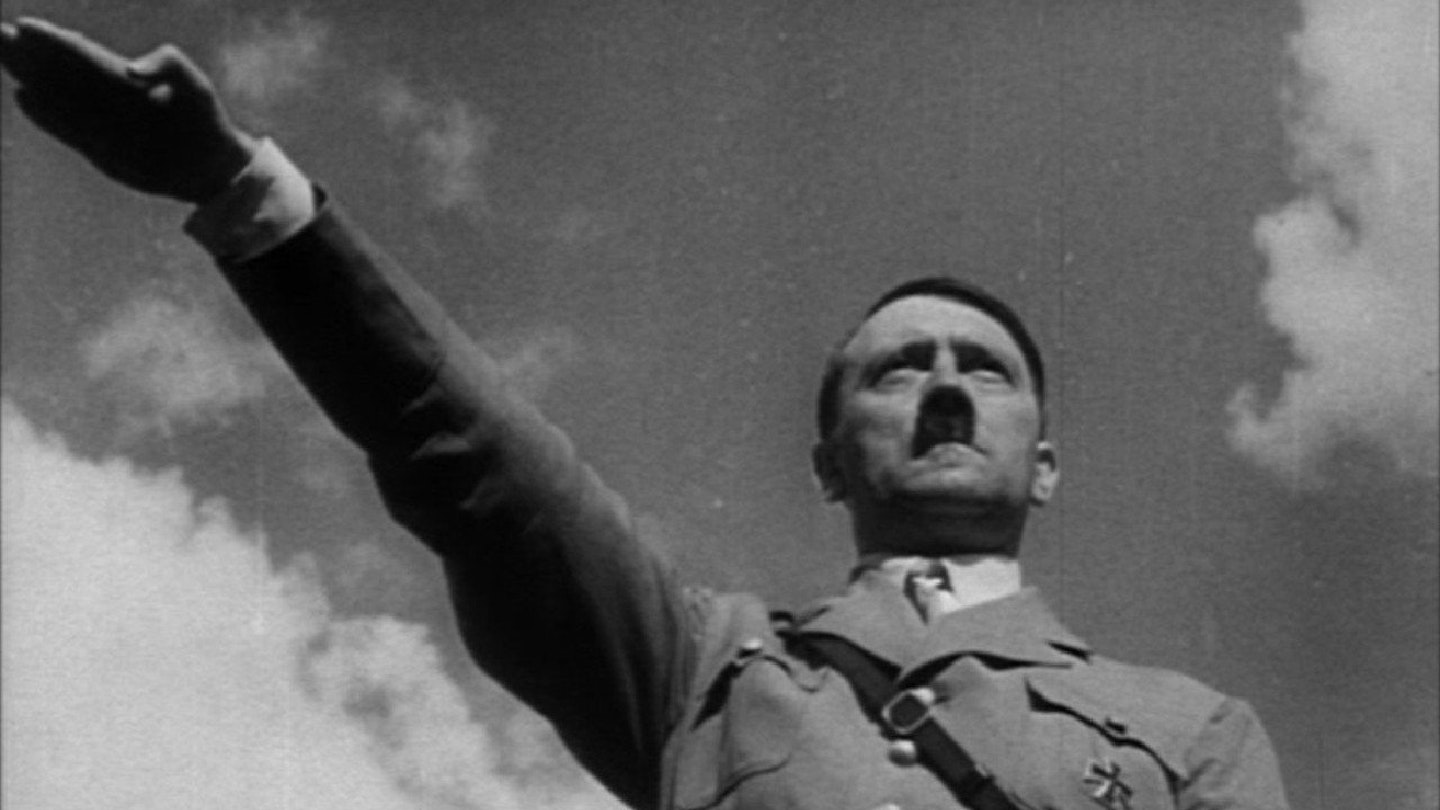Leni Riefenstahl's record of the 1934 National Socialist rally at Nuremberg ranks among the most reviled films of all time. From its opening sequence, in which Adolf Hitler descends from the sunlit clouds in his plane and then seems to float through the streets as he stands saluting in his car, its pernicious content was consciously fashioned to depict the Führer in a messianic light. Indeed, such was the determination to present Hitler's triumph over the will of the German people that images of discernable individuals were gradually replaced by mass ranks of dehumanised subordination that symbolised the Volk's menial role in the grand Nazi design. No wonder Hitler dubbed this the `incomparable glorification of the power and beauty of our movement'.
Few would deny that this is a magisterial piece of film-making. But it's impossible to divorce its technical and artistic brilliance from its hideous political connotations. Riefenstahl always denied party membership and pointed to Propaganda Minister Josef Goebbels's resentment at the licence she was accorded in producing an epic that his own units could never hope to emulate. Moreover, she always protested that she undertook the assignment with great reluctance, as she was keen to go to Spain to shoot Tiefland (which she eventually completed in the mid-1950s).
But Hitler had not only been impressed by her 1932 mountain film, The Blue Light, but he had also recognised the efficacy of her 1933 Nuremberg short, Der Sieg des Glaubens, which had been withdrawn because it featured Ernst Rohm, who had since been liquidated during the Night of the Long Knives. Consequently, he personally requested that she took over a project that had originally been destined for `city symphony' pioneer and committed Nazi, Walter Ruttmann, and ordered his architect Albert Speer to choreograph the entire spectacle with her 30 cameras in mind.
Riefenstahl and cinematographer Sepp Allgeier shot 61 hours of footage during the six-day event, which took eight months to edit. The mystical contrasts in light and shade, the foregrounding of such potent symbols as the eagle and the swastika, and the rhythmic presentation of the fascistic pageantry could not have been bettered (and was much imitated in later Allied propaganda). But history dictates that this misguided masterpiece will forever live in infamy.
